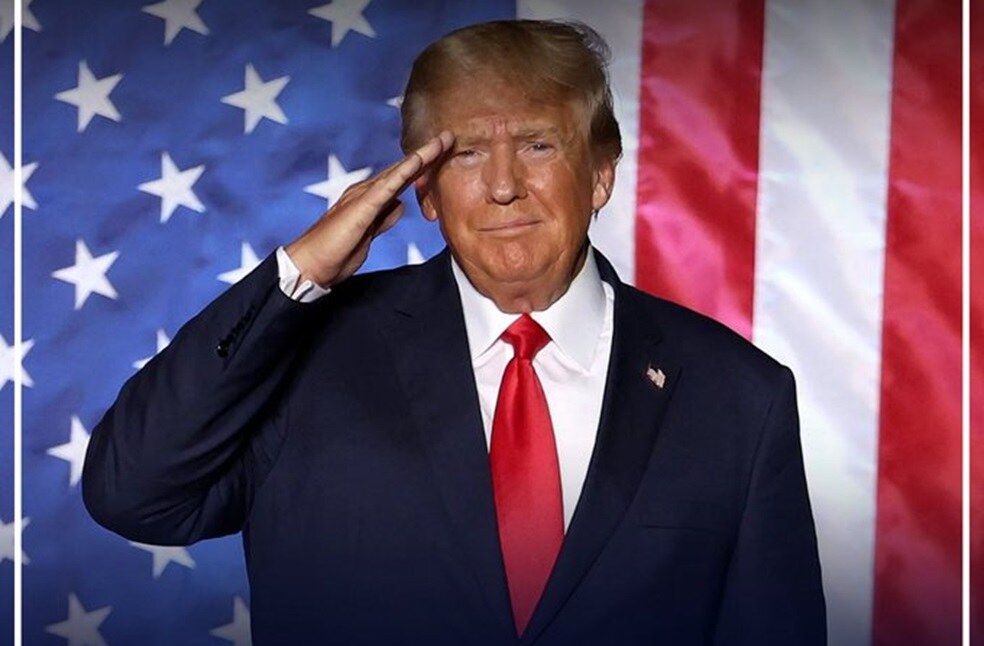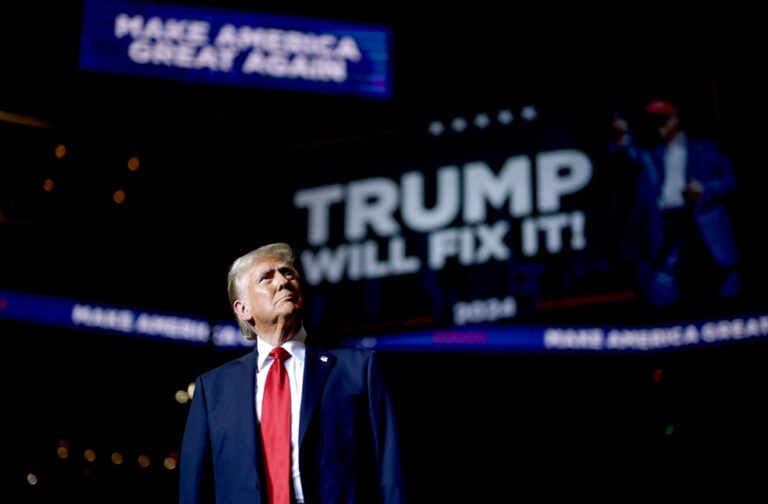Washington: US President-elect Donald Trump has reiterated his commitment to the promises that shaped his campaign, including mass deportations, new tariffs, and a reshaped foreign policy in his first television interview since re-election.
Trump addressed a range of controversial issues, starting with immigration. Trump reaffirmed his stance on deporting individuals who have entered the United States without authorisation, stressing that the US must adhere to its laws.
“I think you have to do it, and it’s a very tough thing to do, but you have rules, regulations, laws. They came in illegally,” Trump said.
Trump also reasserted the plan to end birthright citizenship, guaranteed by the 14th Amendment, which would require a constitutional amendment.

Moving to economic policy, Trump defended the proposals for tariffs on key trade partners, including Canada, China, and Mexico. While acknowledging that tariffs might push up some prices, Trump remained firm in his belief that the long-term benefits would outweigh the costs.
On foreign policy, Trump suggested that the US might pull back its support for Ukraine, stating that Kyiv should “probably” prepare for less aid while emphasising his desire to negotiate a swift end to the conflict.
Trump also expressed his views on NATO, saying the US should only remain in the alliance if other members “pay their bills” and treat the US fairly through expanded bilateral trade.
The president-elect’s stance on the January 6 Capitol riot also resurfaced during the interview. Trump indicated he would consider pardoning the 944 individuals convicted for their involvement in the storming of the Capitol. He also took aim at lawmakers involved in the investigations, suggesting that they should face prison time.

Lastly, Trump said about his intention to have his chosen FBI director, Kash Patel, investigate the so-called “deep state,” claiming that anyone found guilty of dishonesty or corruption should be held accountable.
Trump’s remarks signal that, as president, he will continue pushing forward with the hardline policies that defined his previous tenure, while facing ongoing opposition from Democrats and critics who argue his approach undermines US values and international relationships.



